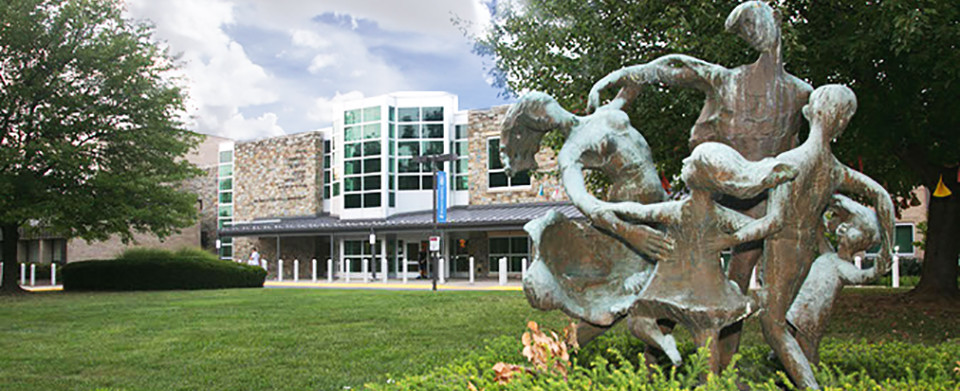The Power of Play for Earlychildhood Development
by Rachel Assal Albert, Developmental Support Coordinator, Bender Early Childhood Center | January 2024
Play is a powerful tool for learning, and is essential in the development of a child’s social-emotional growth. Most child development specialists define play as spontaneous, voluntary, fun, flexible, and relationship based. Here are three reasons why play is important for your child’s development:
- Play supports responsive relationships.
Playing with our children offers a wonderful opportunity to let loose, be silly, and share moments of laughter. We give space for our children to share their ideas. Not only do we get a chance to listen to our children, but also to actively respond, sometimes by expanding upon their brilliant ideas or even gently challenging them. Dynamic interactions like play serve as a catalyst for developing a deeper connection with our children and strengthening the bond we share.
- Play helps development core life skils. When we play with our children, we offer them an opportunity to hone essential life skills within a secure and forgiving environment. Playtime opens avenues for our children to actively practice and cultivate abilities such as negotiation, compromise, and resilience.
- Play reduces stress We all want to be heard! When we feel heard, we feel less anxious. How often have you reached out to a friend with a question or a statement, only to be met with silence? This non-response can trigger a genuine physiological stress response and escalate feelings of anxiety, which is why it is important to truly listen and respond to our children’s initiation when playing with them. Doing so reinforces a child’s sense of value and importance. When we stay on their topic and follow through with the child’s initiations or actions, we are showing the child in a concrete and tangible manner that we value and respect them.
How you can best support your child’s play?
Harvard University’s “Serve and Return” method outlines a “5 Steps Brain-Building” process to engage in meaningful play with your child. The method can be adjusted to support play with babies to preschoolers. By adhering to these five steps, you concurrently address the three areas we previously emphasized.
On the Serve and Return website, you will find videos to support learning and a PDF guide in English and Spanish. Developing an understanding of the significance of play, coupled with familiarity with the “Serve and Return” method, equips you with the tools to carve out a few moments each day to engage in meaningful play with your child. Play is an investment in your child’s growth and development, and it strengthens your parent-child bond.


